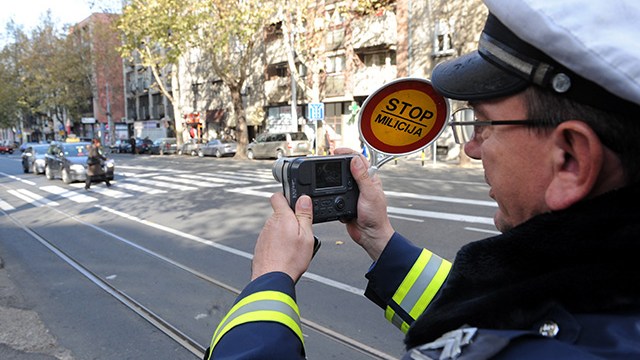Empty Your Mind: Here’s How

Do you want to be more effective and attract desired outcomes? The ancient Chinese did, too. They devoted themselves to understanding wu wei—effortless action, or spontaneity. They saw it as one of the highest spiritual achievements.
In this 5-part Big Think Mentor workshop, Chinese thought expert Edward Slingerland and the author of the critically acclaimed Trying Not to Try: The Art and Science of Spontaneity, teaches you how to understand and work towards a state of wu wei.
For a limited time, Big Think is giving away access to one of his workshops: “Forget About It: The Wu-Wei of Zhuangzi.” Subscribe to Big Think Mentor today for a free 14-day trial to gain access to other exclusive workshops with leading thinkers. Learn a variety of skills and new insights.
For instance, we hear a great deal about the health benefits of meditation. But how does one apply meditation to business situations and when facing challenges? As a cognitive scientist, Slingerland answers these questions in his Big Think Mentor workshop by taking you through the neuroscience of ancient Chinese philosophies. You’ll learn what it means to empty one’s mind, even in the fiercely competitive world of business.
In the wu-wei of the ancient Chinese philosopher Zhuangzi, Slingerland explains how he believed that our learned culture separates us from perceiving the world correctly. Therefore, we must learn to forget and not see through the lens of our biases. As Slingerland explains, “Making yourself empty and receptive to the other person or the situation you’re engaged in is actually the most effective way to move through the world.”
Sign up for a free 14-day trial to Big Think Mentor today.





